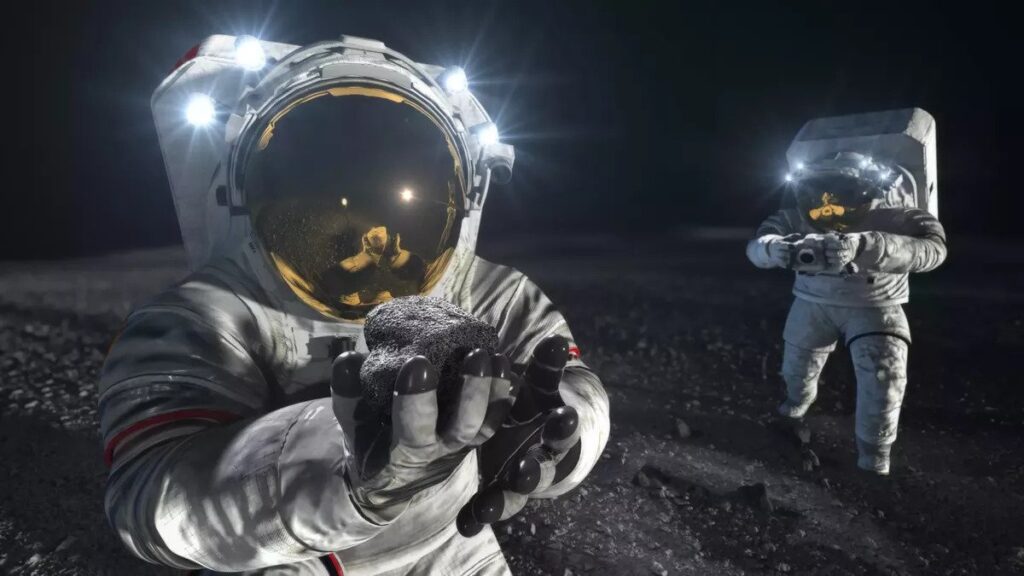Astronauts suffer from compromised immunity. Swedish scientists have investigated this process through experiments on Earth. They studied how weightlessness affects lymphocytes and believe that these findings will interest those planning to build a lunar base.

Space Poses Health Issues
Scientists continue to study how space travel affects human health. The fact that orbiting flights are a rigorous test for astronauts’ bodies has been known for a long time. Currently, scientists are exploring specific mechanisms causing astronauts to feel worse. Recently, they deciphered how the loss of red blood cells occurs.
The recent study conducted by Swedish experts also concerns astronauts’ blood. However, this time it focuses on white blood cells, or T-lymphocytes. They are a key component of the human immune system.
It has been long known that immunity weakens in those who have spent an extended period in space and returned to Earth. Theoretically, this can lead to severe illnesses caused by viruses that are not normally a threat. In the new study, scientists sought to understand why this occurs.
How Leukocytes Behave in Weightlessness
Swedish scientists didn’t have the opportunity to monitor astronauts’ health in space. Therefore, they conducted the study on Earth, where they had no problems with volunteers. To simulate weightlessness, they used a technique known as “dry immersion.”
This involves using a specific type of water bed on which the subjects spent several weeks. Throughout this time, as well as after the trial, blood was taken from them for analysis, and leukocytes were carefully examined.
Their study revealed something remarkable. In these cells, gene expression becomes disrupted as soon as after a week in space, rendering them inactive. This leads to leukocytes entering an “untrained” state, meaning they “forget” all the experience gained during previous encounters with viruses.
Moreover, the experiments showed that during more extended periods of weightlessness, on the 14th and 21st days, the genes in the subjects’ leukocytes “activate” again, as if the body is adapting to new conditions. However, a week after the experiment concludes, when the person is back in normal conditions, white blood cells again become inactive.
